
Find Help
More Items From Ergsy search
-

What is the autism spectrum?
Relevance: 100%
-
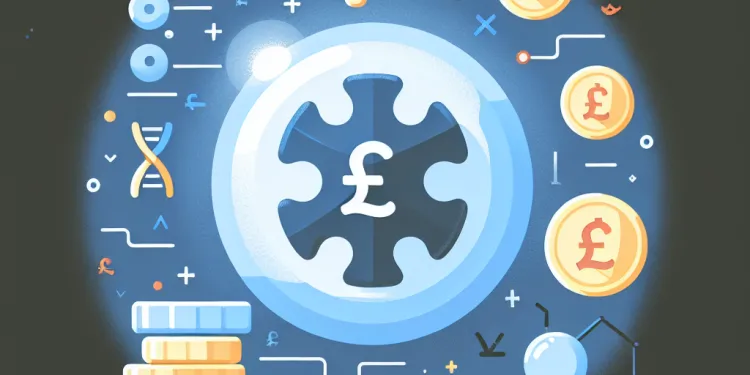
What is Autism?
Relevance: 67%
-

How prevalent is autism?
Relevance: 64%
-
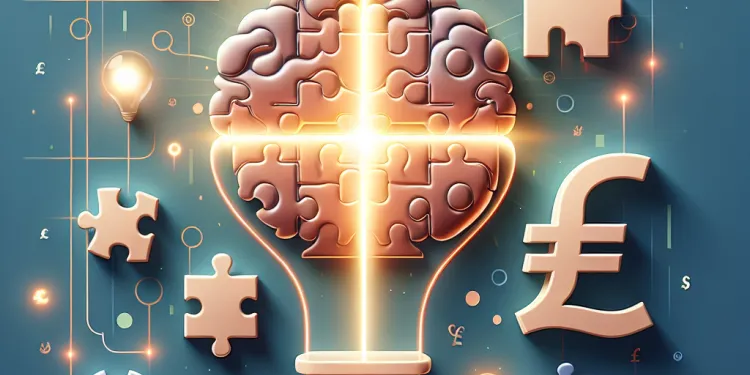
Can autism be cured?
Relevance: 63%
-
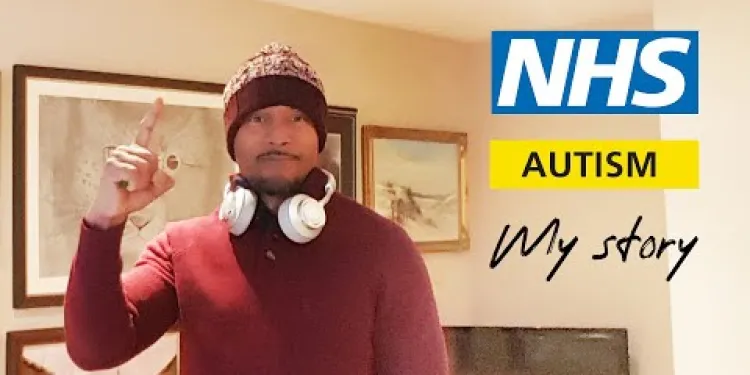
Autism - My Story - Adrian | NHS
Relevance: 59%
-

Is there an autism test?
Relevance: 58%
-
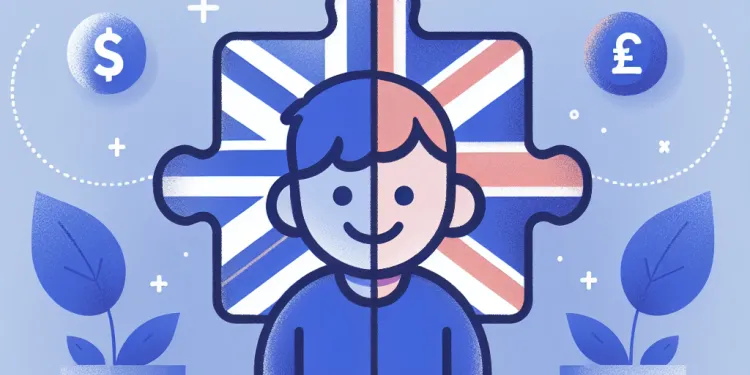
What is the difference between autism and Asperger's syndrome?
Relevance: 58%
-
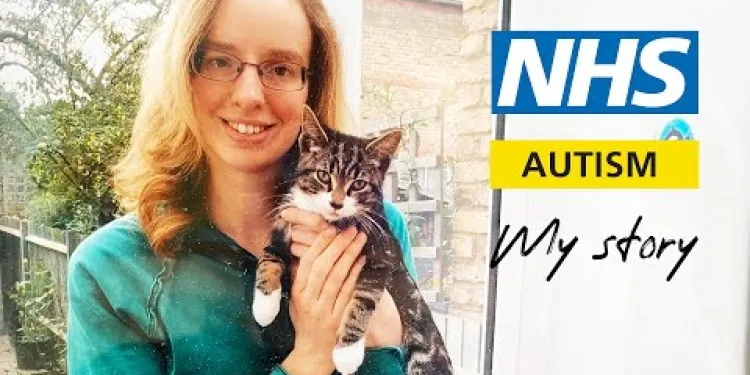
Autism - My Story - Rosalind | NHS
Relevance: 58%
-
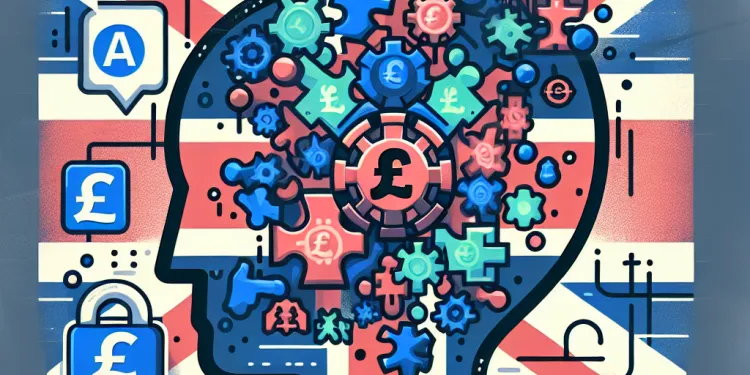
Can adults have autism?
Relevance: 57%
-
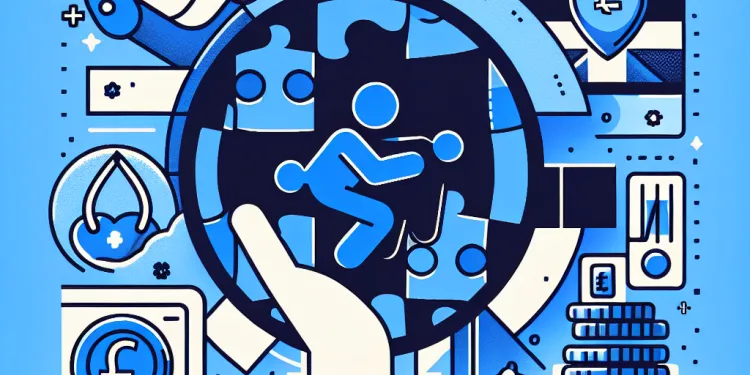
How is autism diagnosed?
Relevance: 56%
-

What causes autism?
Relevance: 55%
-
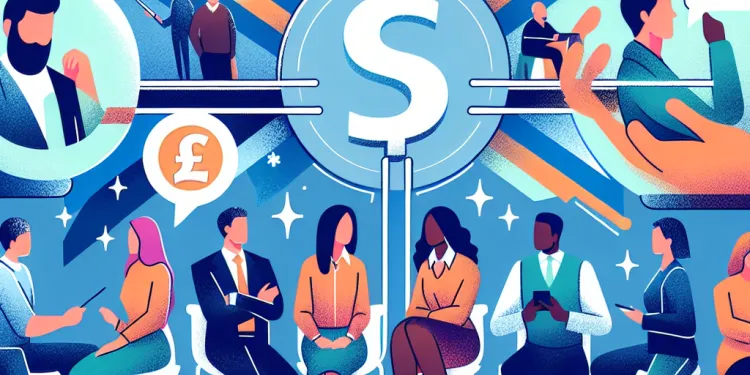
How does autism affect communication?
Relevance: 55%
-

Autism: Graeme's story | NHS
Relevance: 54%
-
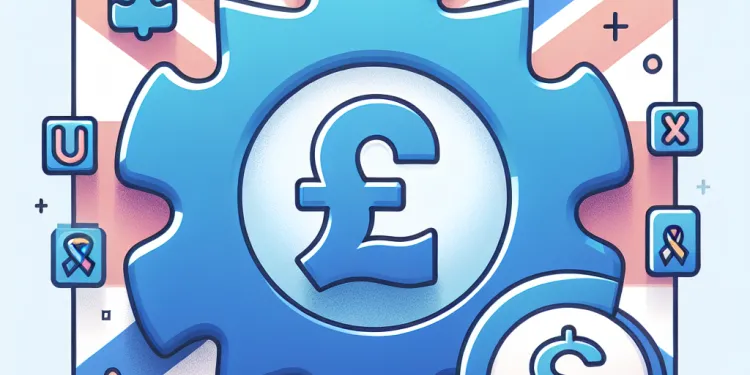
What are the signs of autism?
Relevance: 54%
-

Is paracetamol linked to autism?
Relevance: 53%
-
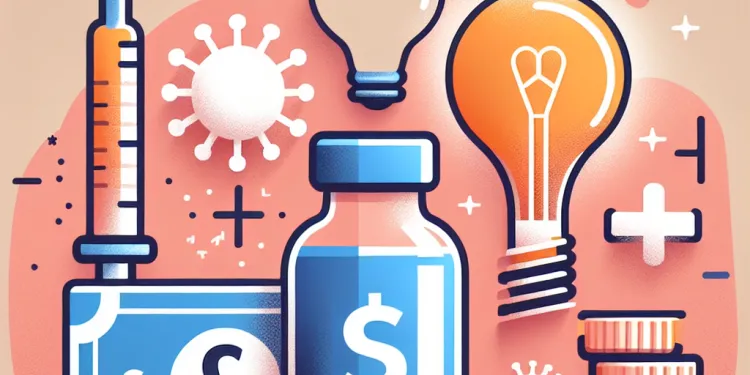
Are vaccines linked to autism?
Relevance: 53%
-
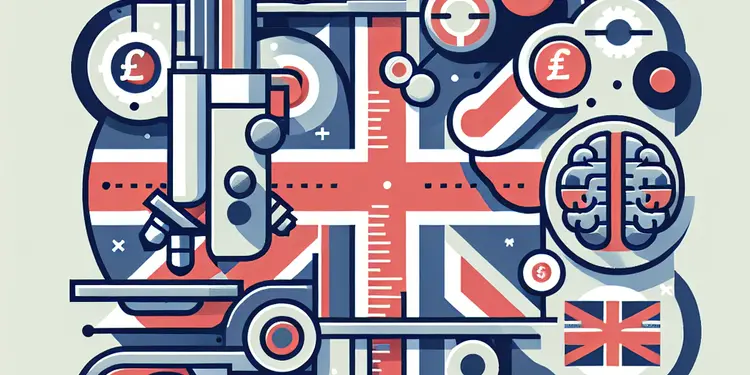
What can cause autism, if not paracetamol?
Relevance: 53%
-
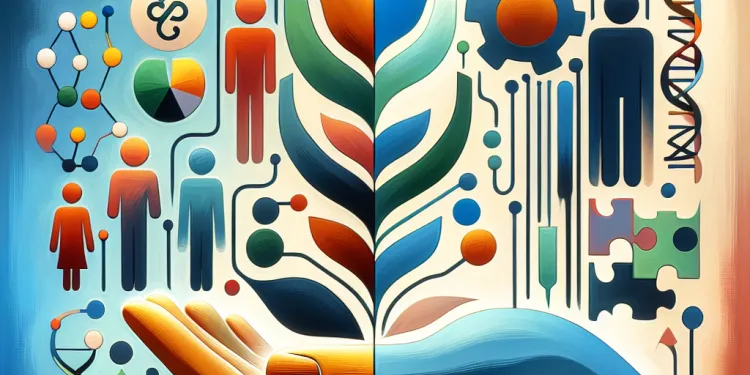
Is there a genetic component to autism?
Relevance: 52%
-

Is there any risk of using paracetamol outside of pregnancy with regard to autism?
Relevance: 52%
-
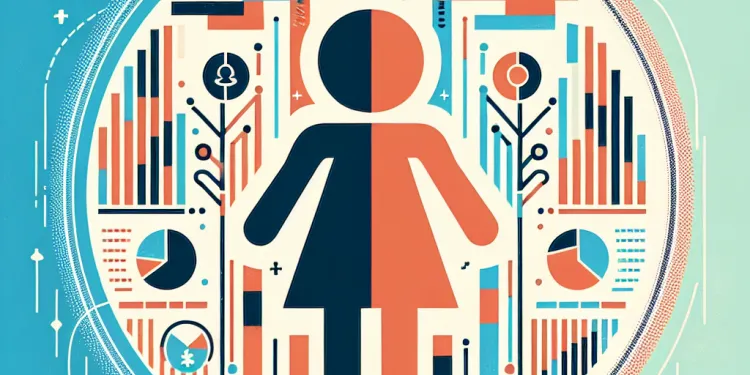
Is autism more common in boys or girls?
Relevance: 52%
-
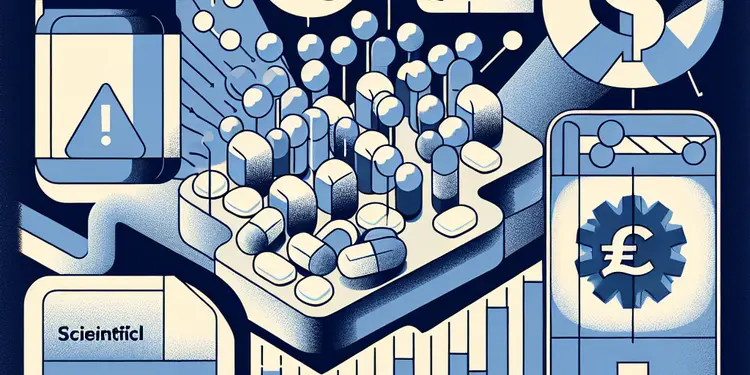
Is there any scientific evidence that links paracetamol use to autism?
Relevance: 52%
-
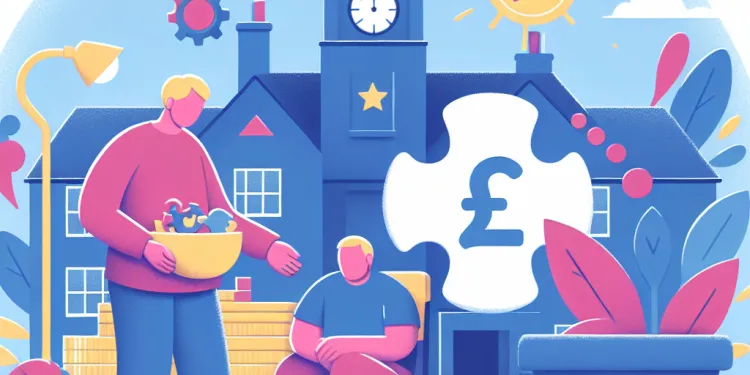
Can people with autism lead independent lives?
Relevance: 51%
-
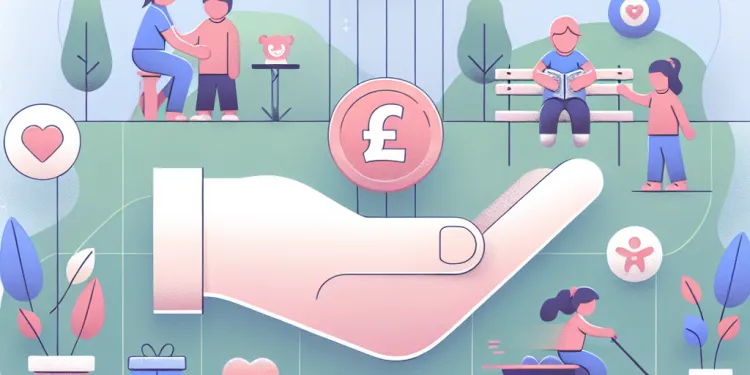
How can early intervention help children with autism?
Relevance: 49%
-
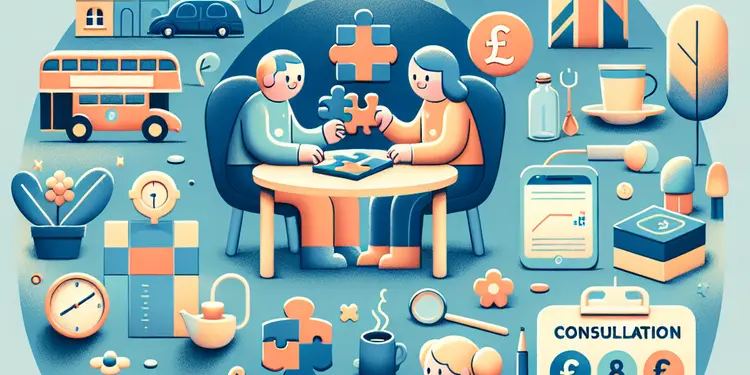
What advice is available for parents concerned about autism risks?
Relevance: 48%
-

What are some common therapies for autism?
Relevance: 48%
-

What role do sensory issues play in autism?
Relevance: 47%
-
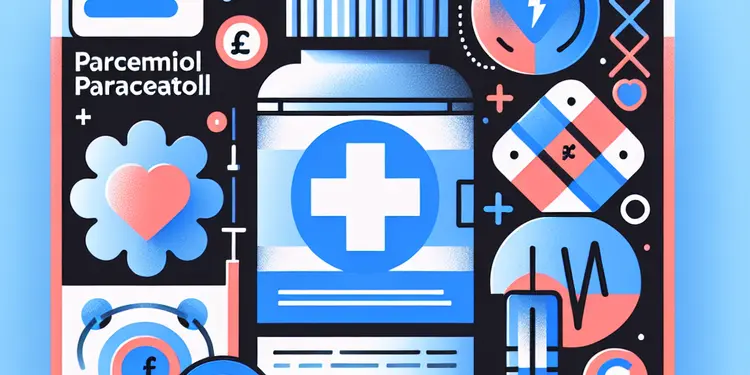
Why is there concern about paracetamol and autism?
Relevance: 47%
-

What kind of studies are conducted to investigate links between medications and autism?
Relevance: 46%
-

Autism Assessment - What Happens in Your Appointment
Relevance: 45%
-
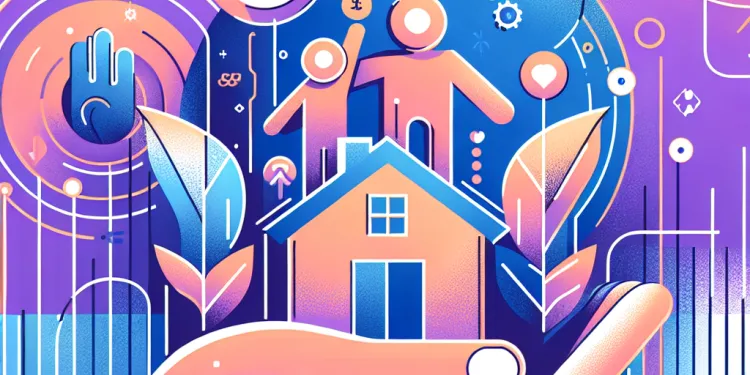
How can families support a member with autism?
Relevance: 45%
-

The NHS Long Term Plan for learning disability and autism
Relevance: 39%
-

We are autistic | NHS
Relevance: 37%
-
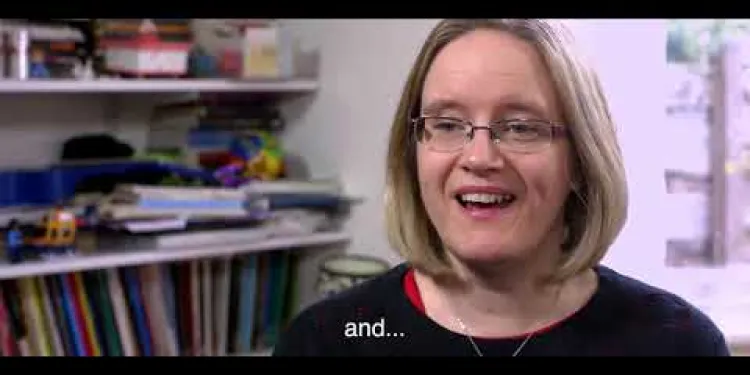
Living with Foetal Alcohol Spectrum Disorder (FASD), a mum’s journey (full version)
Relevance: 37%
-
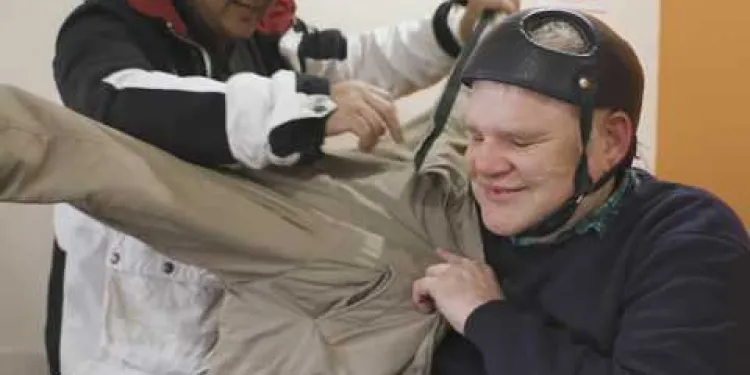
Transforming Care for people with Learning Disabilities and/ or Autism: Peter's Story
Relevance: 34%
-
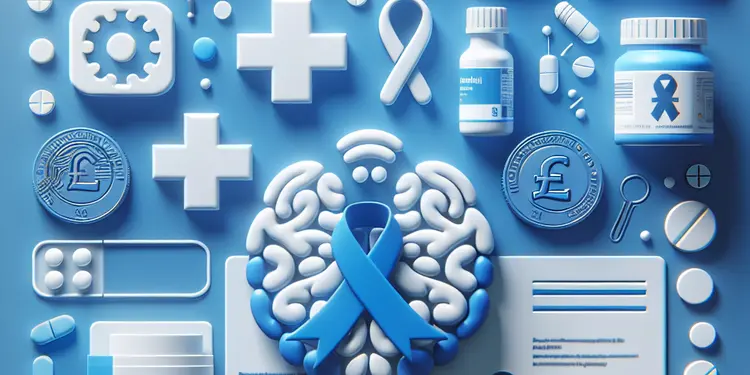
What are the limitations of studies examining paracetamol use and autism?
Relevance: 33%
-

What are some common types of SEND?
Relevance: 30%
-
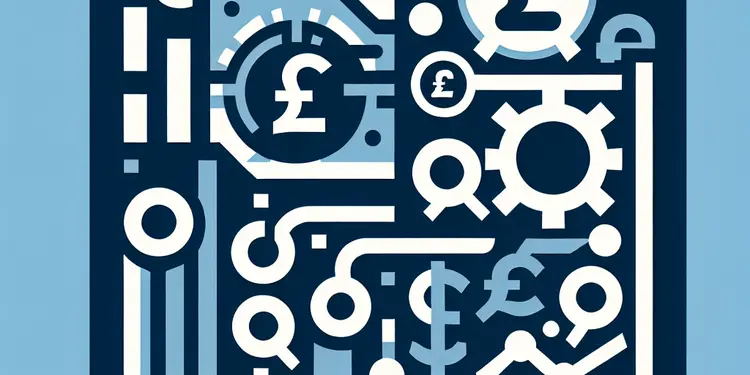
Has paracetamol been linked to other developmental issues besides autism?
Relevance: 29%
-

NHS-led Provider Collaboratives: improving mental health, learning disability and autism services
Relevance: 29%
-
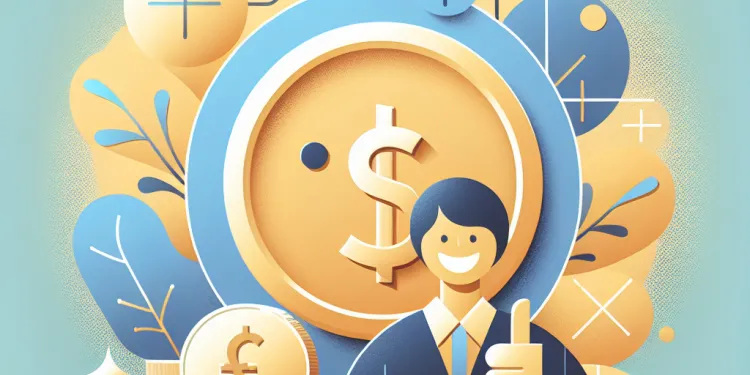
What is applied behavior analysis (ABA)?
Relevance: 25%
-

Have any major health organizations advised against using paracetamol during pregnancy due to autism concerns?
Relevance: 22%
Understanding the Autism Spectrum
The autism spectrum refers to a range of neurodevelopmental conditions grouped under the diagnosis of Autism Spectrum Disorder (ASD). Individuals with ASD may experience varying degrees of challenges in social communication, sensory sensitivities, and behaviours. This wide variation in symptoms among individuals is referred to as the 'spectrum'. Within the UK, awareness and understanding of ASD are increasing, helping to foster a more inclusive society.
Key Characteristics of Autism Spectrum Disorder
ASD is characterised by difficulties with social interaction, non-verbal communication, and repetitive behaviours. People on the autism spectrum may struggle with interpreting social cues, making it harder for them to engage in typical social interactions. They might also prefer routines and may have intense interests in specific subjects. Sensory sensitivities can also be a significant aspect of autism, causing challenges when exposed to loud noises, bright lights, or strong smells. The symptoms can range from mild to severe, influencing the level of support an individual might require.
The Importance of Early Diagnosis
Early diagnosis of ASD is crucial as it can lead to better outcomes for individuals. Recognising the signs of autism in young children can help parents and professionals provide timely support and interventions. In the UK, the National Health Service (NHS) provides resources and services for diagnosing and managing autism, with an emphasis on early intervention. Families are encouraged to seek guidance if they notice developmental differences in their child.
Support and Interventions for Autism
There is no one-size-fits-all treatment for those on the autism spectrum. Instead, support is often tailored to the individual's specific needs. Interventions may include behavioural therapies, educational support, speech and language therapy, and occupational therapy. Additionally, creating an inclusive environment is vital. In the UK, schools and workplaces are increasingly adopting inclusive practices to better support individuals with autism.
Living with Autism
Many people on the autism spectrum lead fulfilling lives with proper support and understanding from their communities. Acceptance and inclusion are key to breaking down barriers that individuals with autism may face. In the UK, organisations like the National Autistic Society provide valuable resources and support networks for both individuals with autism and their families. They work to ensure people on the autism spectrum can achieve their full potential.
Conclusion
Understanding the autism spectrum involves recognising the diversity of experiences and needs among individuals with ASD. With better awareness and inclusive practices, society can support those on the spectrum more effectively. The UK continues to make strides towards embracing the rights and potential of individuals with autism, fostering a more understanding and accommodating environment for everyone.
Understanding Autism
Autism is a way some people's brains work differently. It is called Autism Spectrum Disorder (ASD). People with autism may find it hard to talk with others, have strong feelings about lights, sounds, or have routines they like to follow. Everyone with autism is different, so it's called a 'spectrum'. More people in the UK are learning about autism and being more welcoming.
Main Features of Autism
People with autism may find it hard to talk to others or understand body language. They might like to do the same things over and over. They can have strong likes for certain things. Loud sounds, bright lights, or strong smells can bother them. Some people need more help than others, depending on their symptoms.
Why Early Finding is Important
Finding out if a child has autism early is important. It helps them get support. In the UK, the National Health Service (NHS) helps families with this. If parents see their child is different, they should ask for help early on.
Helping People with Autism
Each person with autism might need different kinds of help. This can include therapy to help them behave, learn, talk, or do everyday things. Schools and jobs in the UK are trying hard to support people with autism better.
Life with Autism
Many people with autism can have happy lives when they are supported well. Being accepted helps a lot. In the UK, groups like the National Autistic Society help people with autism and their families. They want everyone with autism to do their best.
Ending Thoughts
To understand autism, we need to know how each person is different. With more knowledge and kindness, we can help people with autism. The UK is working hard to make sure people with autism have good lives and are treated fairly.
Frequently Asked Questions
What is the autism spectrum?
The autism spectrum refers to a range of neurodevelopmental conditions characterized by challenges in social interaction, communication, and repetitive behaviors.
Is autism the same for everyone?
No, autism affects individuals differently. That's why it's referred to as a spectrum, indicating a wide range of symptoms, skills, and levels of disability.
What are common signs of autism?
Common signs include difficulty with communication, difficulty with social interactions, restricted interests, and repetitive behaviors.
At what age do signs of autism typically appear?
Signs of autism can often be observed before age 2, but they may become more noticeable as a child grows and social demands increase.
How is autism diagnosed?
Autism is diagnosed based on observations of behavior and development, often through a combination of parental interviews, developmental screening, and medical evaluations.
What causes autism?
The exact cause of autism is unknown, but it is believed to involve genetic and environmental factors.
Is there a cure for autism?
There is no cure for autism, but early intervention and various therapies can help individuals develop skills and navigate social environments more effectively.
What therapies are available for autism?
Therapies may include behavioral therapy, speech therapy, occupational therapy, and social skills training, among others.
Can adults be diagnosed with autism?
Yes, although autism is often identified in childhood, some individuals may not be diagnosed until adulthood.
Is autism more common in boys or girls?
Autism is more commonly diagnosed in boys than girls, though the reasons are not entirely understood.
What does 'high-functioning' autism mean?
'High-functioning' autism refers to individuals on the autism spectrum who have average or above-average intelligence and can manage daily life with minimal assistance.
Are there misconceptions about autism?
Yes, common misconceptions include that autistic people lack empathy or that vaccines cause autism, both of which are false.
What is Asperger's syndrome?
Previously considered a distinct autism diagnosis, Asperger's syndrome is now part of the autism spectrum and is characterized by milder symptoms.
Can autism be detected prenatally?
Currently, there are no prenatal tests that can reliably detect autism.
How can I support a friend or family member with autism?
Support can include educating yourself about autism, offering patience and understanding, and respecting their unique perspective.
What role does genetics play in autism?
Genetics is known to play a significant role, with multiple genes potentially involved in the development of autism.
What is the prevalence of autism?
According to recent estimates, about 1 in 54 children in the United States is diagnosed with an autism spectrum disorder.
Is autism a developmental disability?
Yes, autism is considered a developmental disability because it affects development in social interaction and communication skills.
Can autism symptoms improve over time?
With appropriate intervention and support, some individuals with autism show improvement in their symptoms and ability to function.
What is the difference between autism and ADHD?
While both autism and ADHD are neurodevelopmental disorders, ADHD primarily affects attention and hyperactivity, whereas autism affects social skills and behavior.
What is the autism spectrum?
Some people have autism. This means their brain works in a special way. People with autism may find it hard to talk, make friends, or understand feelings.
The word "spectrum" means that everyone with autism is different. Some people might need a lot of help, while others may need only a little.
Tools that can help people with autism include:
- Pictures to help understand words
- Quiet places to keep calm
- Routines to make them feel safe
The autism spectrum is a group of conditions. It affects how a person learns and grows. People with autism may find it hard to talk and play with others. They might do things over and over again.
Is autism the same for everyone?
No, autism is not the same for everyone.
Autism is a different way the brain works. Everyone with autism is unique.
Some people with autism may need more help, and some might need less.
It is important to be kind and understand each person’s needs.
Using pictures, simple words, and taking breaks can help if you find reading hard.
Autism is not the same for everyone. It is called a spectrum because people can have different signs and skills. Some people might need more help than others.
What are signs of autism?
Here are some signs of autism:
- Having trouble talking or making friends.
- Not looking at people when they talk.
- Doing the same thing over and over again.
- Having strong likes or dislikes for certain things.
- Having a hard time with change.
If you think someone might have autism, ask a doctor for help.
Some ways to help are:
- Using pictures to explain things.
- Keeping a regular schedule.
- Being patient and kind.
Common signs are:
- Trouble talking and sharing ideas.
- Trouble making friends and playing with others.
- Liking only a few things a lot.
- Doing the same thing over and over.
Tools like picture cards or apps can help make things easier to understand. Having a helper or using clear steps can also be useful.
How old are kids when autism signs show?
Many kids show signs of autism by age 2 or 3.
Some signs may appear earlier. A doctor can help.
It's good to watch how kids play and talk.
Tools like picture cards or stories can help understand autism.
We can see signs of autism when a child is younger than 2 years old. But these signs might be easier to see as the child gets older and has to talk and play with others more.
How do doctors know if someone has autism?
Doctors look for signs that show someone might have autism. Here’s how they check:
- They talk to the person and their parents.
- They ask questions about how the person learns, plays, and talks to other people.
- They may watch how the person plays and acts.
- Sometimes, doctors use special tests to find out more.
If you think you might have autism, talk to a doctor. It can help to have a friend or family member come with you.
Using pictures, stories, and videos can make it easier to understand what autism is.
Doctors find out if someone has autism by watching how they act and grow. They talk to parents, check how the child is learning and growing, and do medical tests.
What causes autism?
Autism is something people are born with. It changes how they think, feel, and talk to others.
No one knows exactly why some people have autism. Scientists think it might be because of:
- Genes from parents
- Things around us, like during pregnancy
It's important to remember that nothing you did made autism happen.
Some helpful tools and techniques for understanding autism more easily include:
- Talking to a doctor or expert
- Reading simple books about autism
We don't know why some people have autism. But we think it is because of special genes in our bodies and things around us, like where we live.
Can autism be fixed?
No, autism cannot be fixed. But there are ways to help people with autism feel better and do well.
Tools and techniques that can help include:
- Special learning programs
- Talking with a counselor or therapist
- Support from family and friends
There is no cure for autism, but starting help early and using different therapies can teach people skills and help them get along with others better.
What help can people with autism get?
There are different kinds of help you can get. You can have help with how you behave, learning to talk better, doing things with your hands, and making friends with others.
Can grown-ups find out they have autism?
Yes, grown-ups can find out they have autism.
Doctors can help by doing tests.
If you think you might have autism, talk to a doctor.
Friends, family, or a helper can go with you.
Pictures and simple words can make things easier to understand.
Yes, some people find out they have autism when they are adults, even if it is usually noticed when they are kids.
Are more boys or girls autistic?
Autism is seen more in boys than in girls.
Autism is something people have when their brains work differently. More boys than girls are told they have autism. We don't know exactly why this happens.
What is 'high-functioning' autism?
'High-functioning' autism means that a person with autism can do many things on their own. They might find some things hard, but they can talk, learn, and do a lot of daily activities without too much help.
If you need help understanding, you can:
- Ask someone to read it with you.
- Use pictures to understand better.
- Listen to it with a speech tool.
'High-functioning' autism means a person with autism who can understand things at school or work like most people. They might need only a little help with daily tasks.
Do people get autism wrong?
Some people do not understand autism.
Here are some tools and tips to help:
- Use pictures to understand better.
- Watch videos about autism.
- Talk to someone who knows about autism.
Some people think that autistic people can't feel what others feel. This is not true.
Other people think that getting vaccines can make someone autistic. This is also not true.
It is important to understand facts and ask for help if you need it. Talking to a doctor or a teacher can be helpful.
What is Asperger's Syndrome?
Asperger’s Syndrome is a condition in the brain. It makes it hard for some people to talk and play with others.
People with Asperger’s might like the same things over and over. They might also be very good at one special thing.
If you have questions about Asperger’s, use picture charts or talk to someone who knows about it.
Asperger's syndrome used to be its own thing, but now it is part of autism. Asperger's syndrome has less strong signs.
Can doctors find out if a baby has autism before it is born?
Right now, there are no tests for pregnant women to find out if a baby will have autism.
How can I help a friend or family member with autism?
Do you have a friend or family member with autism? Here are some easy ways to help them:
- Try to understand what they like and what they don’t like.
- Talk to them in a calm and clear voice.
- Be patient and give them time to speak or do things.
- Use pictures or simple words if that helps them understand better.
- Be kind and supportive, just like you would with anyone else.
If you want to know more, you can use tools like books or websites about autism. They can help you learn new ways to help your friend or family member.
You can help by learning about autism, being patient and kind, and respecting how they see things differently.
How do genes affect autism?
Genes are tiny parts in our body that we get from our parents. They can be one reason why some people have autism. There might be many different genes that can make someone have autism.
How common is autism?
In the United States, about 1 out of every 54 children has autism.
Is autism something that affects how people grow and learn?
Yes, autism is a kind of disability. It can make learning and growing different for some people.
Here are some ways to help:
- Use pictures and clear words when talking.
- Be patient and give extra time to understand things.
- Use apps or tools that help with speaking and listening.
Yes, autism is called a disability. It changes how people grow and learn to talk and play with others.
Can autism get better as you grow up?
With the right help and support, some people with autism can get better at things they find difficult.
How are autism and ADHD different?
Autism is a condition that makes it hard to talk and connect with people.
ADHD makes it hard to sit still and pay attention.
Both autism and ADHD are brain conditions, but they are not the same.
If you find reading hard, use your finger to follow along or ask someone to read with you.
Autism and ADHD are both brain conditions. They are a bit different, though. ADHD makes it hard to pay attention and sit still. Autism makes it hard to talk to people and can change how someone acts.
Useful Links
This website offers general information and is not a substitute for professional advice.
Always seek guidance from qualified professionals.
If you have any medical concerns or need urgent help, contact a healthcare professional or emergency services immediately.
Some of this content was generated with AI assistance. We’ve done our best to keep it accurate, helpful, and human-friendly.
- Ergsy carfully checks the information in the videos we provide here.
- Videos shown by Youtube after a video has completed, have NOT been reviewed by ERGSY.
- To view, click the arrow in centre of video.
- Most of the videos you find here will have subtitles and/or closed captions available.
- You may need to turn these on, and choose your preferred language.
- Go to the video you'd like to watch.
- If closed captions (CC) are available, settings will be visible on the bottom right of the video player.
- To turn on Captions, click settings .
- To turn off Captions, click settings again.
More Items From Ergsy search
-

What is the autism spectrum?
Relevance: 100%
-

What is Autism?
Relevance: 67%
-

How prevalent is autism?
Relevance: 64%
-

Can autism be cured?
Relevance: 63%
-

Autism - My Story - Adrian | NHS
Relevance: 59%
-

Is there an autism test?
Relevance: 58%
-

What is the difference between autism and Asperger's syndrome?
Relevance: 58%
-

Autism - My Story - Rosalind | NHS
Relevance: 58%
-

Can adults have autism?
Relevance: 57%
-

How is autism diagnosed?
Relevance: 56%
-

What causes autism?
Relevance: 55%
-

How does autism affect communication?
Relevance: 55%
-

Autism: Graeme's story | NHS
Relevance: 54%
-

What are the signs of autism?
Relevance: 54%
-

Is paracetamol linked to autism?
Relevance: 53%
-

Are vaccines linked to autism?
Relevance: 53%
-

What can cause autism, if not paracetamol?
Relevance: 53%
-

Is there a genetic component to autism?
Relevance: 52%
-

Is there any risk of using paracetamol outside of pregnancy with regard to autism?
Relevance: 52%
-

Is autism more common in boys or girls?
Relevance: 52%
-

Is there any scientific evidence that links paracetamol use to autism?
Relevance: 52%
-

Can people with autism lead independent lives?
Relevance: 51%
-

How can early intervention help children with autism?
Relevance: 49%
-

What advice is available for parents concerned about autism risks?
Relevance: 48%
-

What are some common therapies for autism?
Relevance: 48%
-

What role do sensory issues play in autism?
Relevance: 47%
-

Why is there concern about paracetamol and autism?
Relevance: 47%
-

What kind of studies are conducted to investigate links between medications and autism?
Relevance: 46%
-

Autism Assessment - What Happens in Your Appointment
Relevance: 45%
-

How can families support a member with autism?
Relevance: 45%
-

The NHS Long Term Plan for learning disability and autism
Relevance: 39%
-

We are autistic | NHS
Relevance: 37%
-

Living with Foetal Alcohol Spectrum Disorder (FASD), a mum’s journey (full version)
Relevance: 37%
-

Transforming Care for people with Learning Disabilities and/ or Autism: Peter's Story
Relevance: 34%
-

What are the limitations of studies examining paracetamol use and autism?
Relevance: 33%
-

What are some common types of SEND?
Relevance: 30%
-

Has paracetamol been linked to other developmental issues besides autism?
Relevance: 29%
-

NHS-led Provider Collaboratives: improving mental health, learning disability and autism services
Relevance: 29%
-

What is applied behavior analysis (ABA)?
Relevance: 25%
-

Have any major health organizations advised against using paracetamol during pregnancy due to autism concerns?
Relevance: 22%


